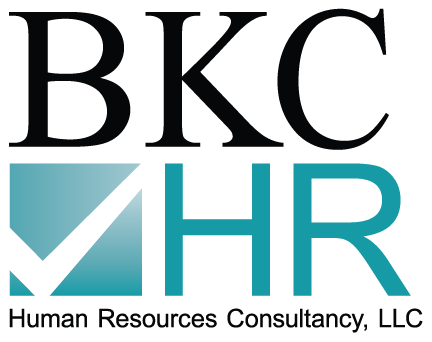 Under current tax law, you can deduct taxes paid to state and local governments, including property, income, and sales taxes. But the new law that takes effect in 2018, caps the deduction at $10,000, either for property taxes, state and local income taxes, or sales tax.
Under current tax law, you can deduct taxes paid to state and local governments, including property, income, and sales taxes. But the new law that takes effect in 2018, caps the deduction at $10,000, either for property taxes, state and local income taxes, or sales tax.
Homeowners whose property taxes are more than $10,000 and not subject to the alternative minimum tax could save money by paying next year’s property tax bill by Sunday, the day before the new law takes effect, if their local government accepts it.
But the IRS has said that 2018 property taxes paid in 2017 must have been assessed in 2017 for the deduction to count. Simply prepaying an anticipated property tax bill will not be deductible on your 2017 tax return, according to the IRS.
For those able to claim the deduction when filing their 2017 taxes. — especially homeowners in states with relatively high taxes, like New York and New Jersey, the savings will be worth the effort.
Deducting the full amount of your current property-tax bill in 2017 may provide an even larger tax benefit if your tax rate goes down next year under the new plan.
Property taxes are administered on a local level, so to pay early you should pay directly to the local tax collector’s office either by handing them a check directly or mailing a check to them. If mailing, make sure you have proof that the check mailing was postmarked before 12/31/17.
Keep in mind however, that if you own a home, your mortgage lender may pay your property taxes from an escrow account. A deposit to an escrow account is NOT the same as paying your taxes. Be sure that any prepayment of 2018 taxes is paid directly to your municipality’s tax collector.
Read more tax tidbits here.




